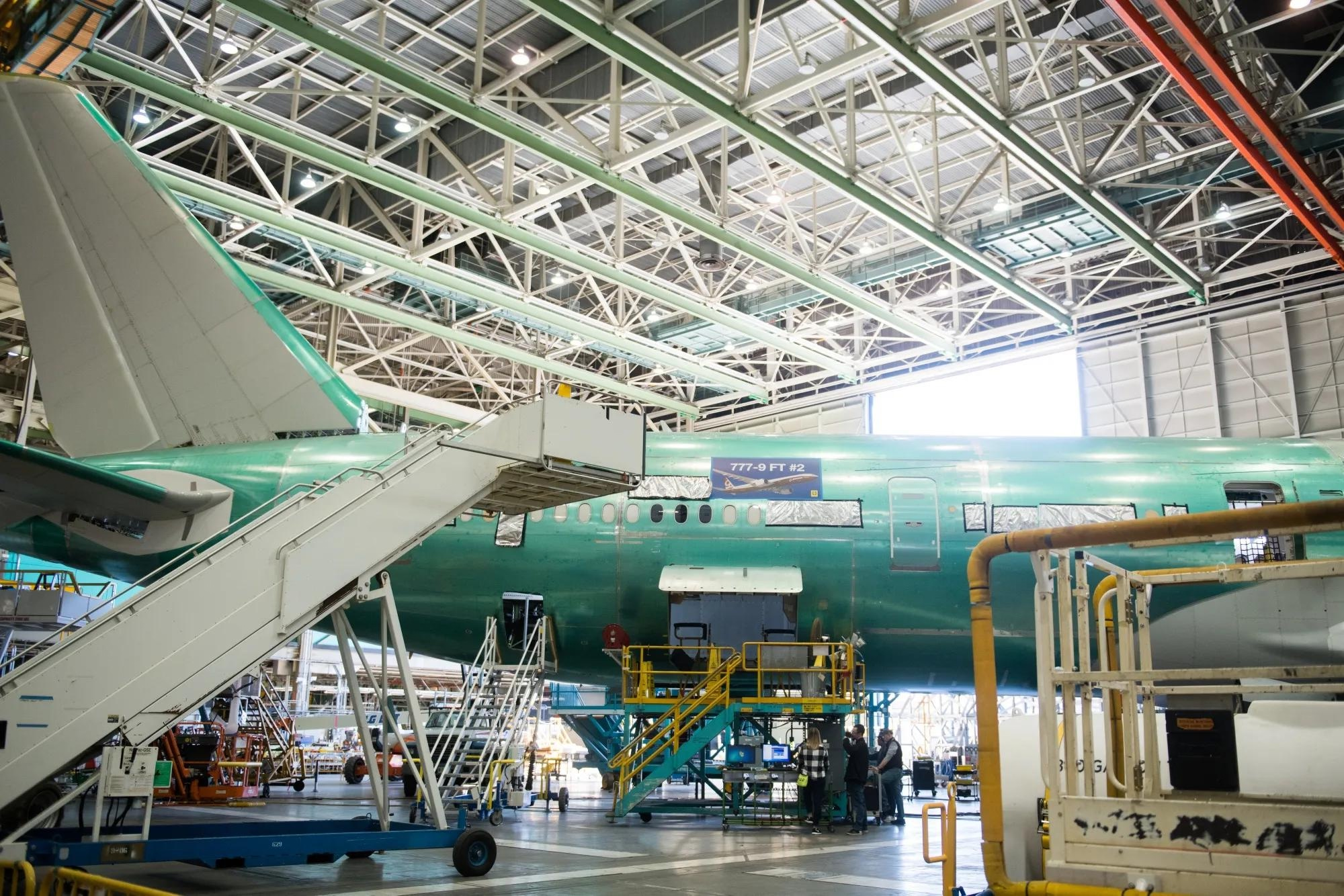AeroGenie — Your Intelligent Copilot.
Trending
Categories
Boeing Lowers 20-Year Jet Demand Forecast

Boeing Lowers 20-Year Jet Demand Forecast Amid Industry Uncertainty
Boeing has revised its 20-year jet demand forecast downward, reflecting a more cautious outlook for the aviation sector amid persistent economic uncertainties. This adjustment contrasts sharply with rival Airbus, which has raised its long-term forecast, highlighting a growing divergence between the world’s two largest aircraft manufacturers and signaling shifting dynamics within the global aviation market.
Factors Influencing Boeing’s Revised Outlook
Boeing’s more conservative projection is driven by several challenges, including rising production costs, ongoing supply chain disruptions, and weakening demand, particularly in North America. Airlines in this region are contending with higher operating expenses and changing travel patterns, which have led to a slowdown in fleet expansion and delays in new aircraft orders. These developments suggest that competition among manufacturers may intensify as they compete for a smaller pool of customers.
In response to these challenges, Boeing is expected to prioritize cost-cutting initiatives and operational efficiencies to sustain profitability. The company’s cautious stance underscores concerns about the broader economic environment, including trade tensions and volatile fuel prices, which continue to affect airline profitability and investment decisions.
Airbus’s Contrasting Forecast and Market Implications
In contrast, Airbus has adopted a more optimistic view, increasing its 20-year demand forecast and signaling confidence in sustained market growth. This divergence may prompt strategic shifts, with Airbus potentially accelerating production and offering more flexible terms to capture a greater market share. Meanwhile, Boeing’s conservative approach may lead to a focus on streamlining operations and managing costs more tightly.
Industry analysts observe that these differing forecasts reflect not only company-specific strategies but also the broader uncertainties facing the aviation sector. Airlines are reassessing their fleet strategies in response to economic pressures, while manufacturers must adapt to evolving market conditions and competitive pressures.
As the aviation industry navigates these challenges, the contrasting approaches of Boeing and Airbus will be closely monitored by investors, airlines, and suppliers. The coming years are likely to witness intensified competition, shifting alliances, and an increased emphasis on innovation as both companies seek to adapt to a rapidly changing global landscape.

Emirates Unveils Cabin Design for New Boeing 777X

Eighteen Years On, the Airbus A380 Remains Central to a $34 Billion Airline

How a boom in luxury airline seats is slowing down jet deliveries

Navitaire Outage Attributed to Planned Maintenance

DigiYatra Debuts Outside Aviation at India AI Impact Summit

Vietnam Orders Strengthen Boeing’s Commercial Outlook

Airbus Signals Uncertainty Over Future A400M Orders

JobsOhio Awards $2 Million Grant to Hartzell Propeller for Innovation Center

Collins Aerospace Tests Sidekick Autonomy Software on YFQ-42A for U.S. Air Force CCA Program

How the Airbus A350-1000 Compares to the Boeing 777
